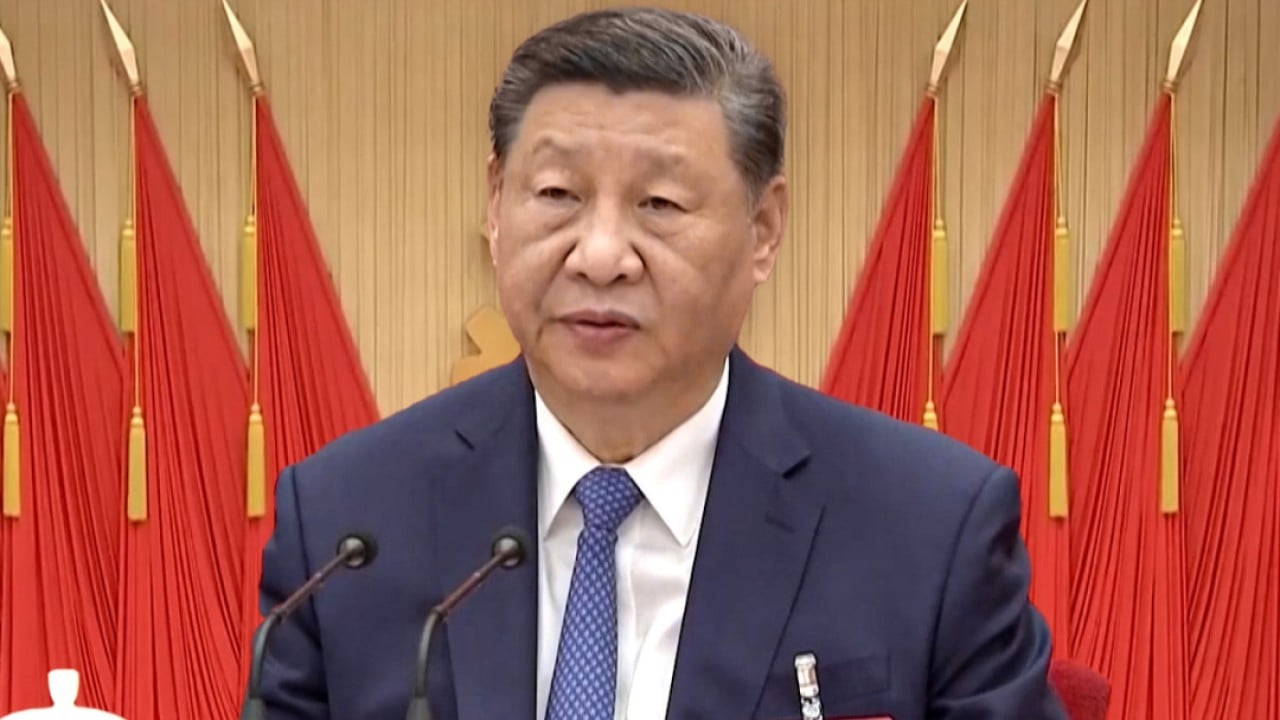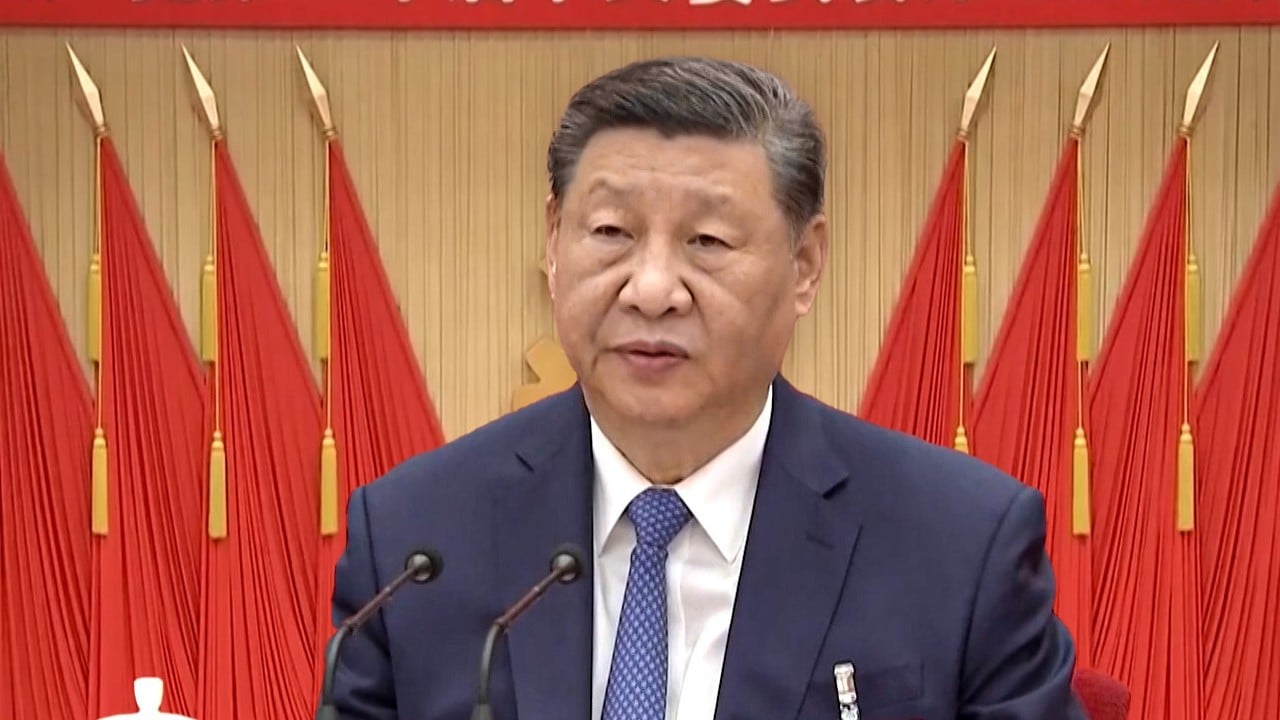Beijing has founded a new anti-graft entity exclusively tasked with targeting the finance sector, according to the country’s top anti-corruption body.
The announcement of the founding of the watchdog came days after Beijing wrapped up a long-awaited third plenum of the ruling Communist Party’s elite last week.
The gathering was capped with the release of hundreds of policy goals for the next five years, including to “bring all financial activities under supervision”.
The new body was revealed in an article posted on Monday on the website of the Central Commission for Discipline Inspection (CCDI), China’s top political discipline and anti-corruption body.
The article named Wang Weidong, 56, former anti-corruption chief in Tibet, as the party secretary of the “Central Financial Discipline Inspection and Supervision Working Commission”.
Wang vowed that the new watchdog would “resolutely shoulder the political responsibilities”, ensuring the country’s financial sector followed the party’s directions closely, according to the article.
“[We will] strengthen political supervision as top priority … focus on implementing the major decisions and arrangements of the party Central Committee on financial work,” Wang was quoted by the CCDI’s website as saying.
“[We will] promptly discover any deviations [from the party’s decisions and] strive to implement rectification.”
A Shanxi native, Wang graduated with an accounting degree from Dongbei University of Finance and Economics in 1991.
He spent the first two and half decades of his political career in the National Government Offices Administration under the State Council – China’s cabinet. The administration is responsible for the running of central government office operations, including expenditure, official vehicles, state-owned assets and the real estate of government offices.
He left the administration in 2016 and began a three-year stint as deputy secretary general of the CCDI. From May 2019 until March this year, he served as Tibet’s regional disciplinary head before returning to the CCDI in the financial sector watchdog role.
Wang was one of several leading disciplinary officials cited in the CCDI article, an element of propaganda designed to show loyalty and quick alignment with the key directions of the plenum.
As well as unveiling sweeping plans to bolster the finances of China’s indebted local governments, the meeting of the Central Committee led by President Xi Jinping vowed to “bring all financial activities under supervision” by creating a new financial law.
It also pledged more efforts to further crack down on corruption in areas with “concentrated power, intensive capital and rich resources”.
It is the first time Beijing has officially confirmed the establishment of a dedicated disciplinary body to tackle corruption in China’s vast financial sector, although it has been listed as the CCDI’s top priority for two years in a row.
The CCDI detained more than 100 senior financial executives last year, and kept up its push this year in response to Xi’s call to clean up China’s financial sector to make the country a “financial superpower”.
A total of 32 senior Chinese financial regulators, bankers and financial executives were detained in the first six months this year, according to a tally by the South China Morning Post.




